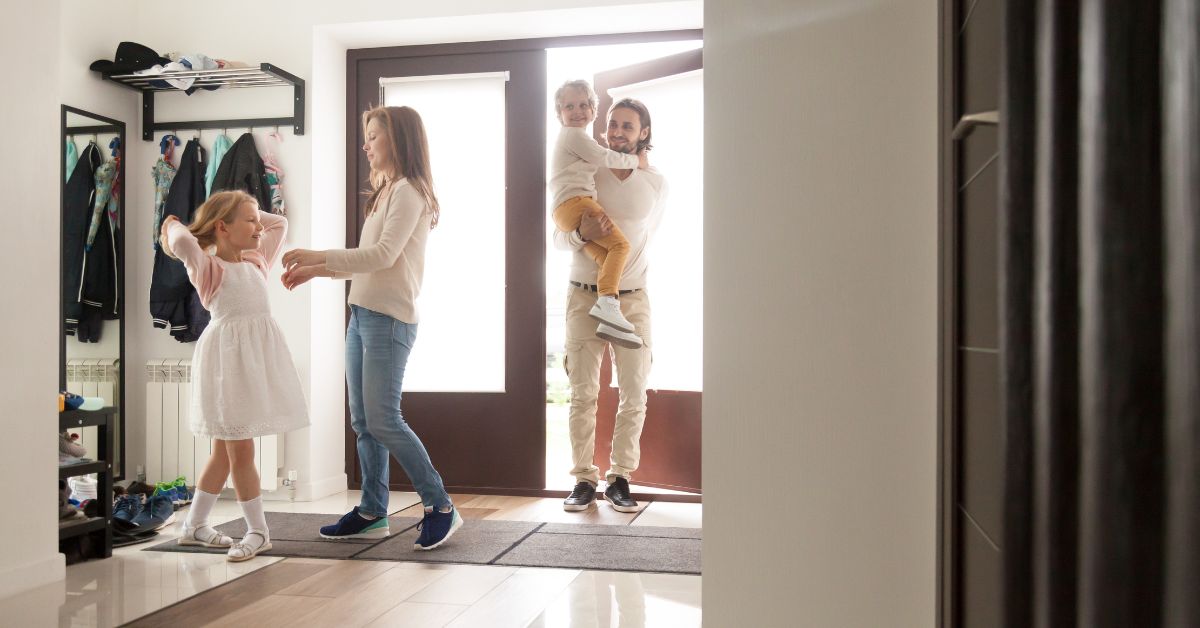Preparing For Storm Season - How Landlords And Tenants Can Prepare

Queensland is known as being “beautiful one day, perfect the next” however anyone who lives on the Gold Coast knows that the sunny weather can quickly turn stormy, with flash flooding, large hailstones fallen trees and more.
With the summer storm season quickly approaching, here is how landlords and tenants can prepare rental properties to lessen the impact.
Lessors/ Landlords:
Ensure trees are maintained and are a safe distance away from the house – falling trees and branches can cause damage to roofs, driveways and can be a danger to people.
Ensure gutters are cleaned regularly – If the gutters are filled with leaves, the could flow back to the house and into your eaves and can eventually get into your wall cavities and cause widespread damage.
Attend to any roof maintenance such as loose tiles – this could help minimise further damage to the roof, and prevent the water entering the roof space.
Repair old and damaged window seals -if the window seals are worn, water might be able to leak inside and cause damage to walls and floor coverings.
Check your insurance – now is a great time to make sure that your insurances are up to date, and check what is covered – including flood damage
Tenants:
Report any required maintenance - Alert your landlord or property manager of any maintenance that needs to take place around your home.
Do a tidy up outside - Keep yard clear of leaves and rubbish and remove vegetation around fence lines.
Secure loose items that could cause damage if blown around in high winds (such as garden furniture and toys). Tie down or secure outdoor furniture, as well as other unsecured items; or store them in a garage, shed or inside the house if need be. Move outdoor equipment, rubbish, chemicals, and poisons out of harms way.
Unplug all electrical devices during an electrical storm – This will help prevent power surges which can cause damage to your whitegoods and devices.
Look after your pets - Keep your pets (including cats) indoors, make sure they have a safe place, food and water and something to clean up mess. If you can, move your horses and other large animals to a safe paddock that has high ground and shelter from the wind. Have a pet emergency kit ready to go to save you time during emergencies.
Check your insurance – Your landlords insurance won’t cover your personal items, so make sure that you have your own contents insurance for your belongings.
Have emergency contacts handy - During an emergency or natural disaster, it's important for tenants to have a readily available list of contact numbers if assistance is required. Check page 2 of your lease for preferred tradespeople in case of emergency. Always try to contact the office in the first instance.
For life threatening emergencies or serious damage to property (eg roof severely damaged, fallen tree on house etc) call:
Emergency - Police, Fire, Ambulance - Triple Zero (000)
Flood and Storm Emergency Assistance (SES) - 132 500
Poisons Information - 131 126
Report Dangerous Electrical Emergencies (Energex) - 131 962
Share



